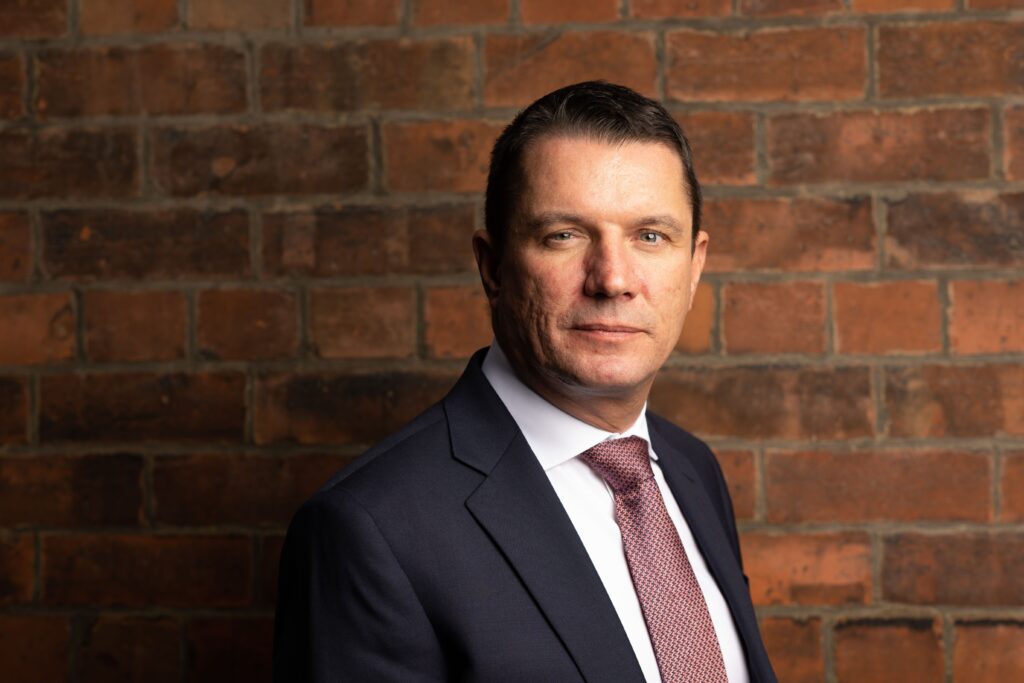Identifying the driving force behind the spread of misinformation and disinformation

In a fortnight where we have seen fires rage, tempers spill over and the most horrific racism and fascism the UK has experienced in a decade, it could not be a more relevant time to talk about the information that people read and hear during a crisis – and the validity thereof.
A lot has been said about misinformation and disinformation and often the two terms are used interchangeably – so let’s briefly qualify each.
What is Disinformation?
The UK government defines disinformation as the deliberate creation and dissemination of false and/or manipulated information intended to deceive and mislead people for the purpose of causing harm, or for political, personal or financial gain1. Disinformation is nothing new, however the internet provides disinformation campaigns with a platform that has unprecedented reach. Hostile foreign states, extremists and opportunistic profiteers exploit the ease of access to publish inaccurate or misleading content2.
In the wake of the tragic attack on a Taylor Swift themed children’s dance class in Southport in July 2024, there was a flurry of disinformation spread on social media from far-right agitators. Following the attack, there were over 27 million impressions from posts stating or speculating the perpetrator was Muslim, a migrant, or an asylum seeker.
‘Self-proclaimed misogynist’ influencer Andrew Tate3, with 9.8 million followers on X, claimed the attacker was an “illegal migrant” and urged people to “wake up”. Whilst far-right English Defence League co-founder Tommy Robinson, shared a post stating authorities were attempting to “manipulate” the public over the attacker’s identity4. Of a later stabbing in Scotland, Robinson claimed the attacker was an “alleged Muslim” before the police were compelled to take the unusual step of confirming it was a local, white male5.
What is misinformation?
Disinformation and misinformation often go hand in hand. Misinformation is the inadvertent spread of false information, with disinformation the source of such false information6. It is important to understand how social media facilitates the rapid spread of misinformation7.
Many social media sites, including Facebook, X (formerly Twitter) and YouTube, rely on a deep learning algorithm. One of the factors which contribute to the algorithm is the prioritisation of posts with the greatest prior engagement. Posts with the most likes and shares are likely to keep users active on the platform. As people are more likely to engage with posts confirming existing grievances and beliefs, inflammatory content will generate quick engagement which will signal the algorithm to show it to more users which will tap into the biases of those users, in a cycle adept to rapidly spreading misinformation.
Twitter rebranding to X post Elon Musk’s acquisition of the platform, has exacerbated the issue, particularly given Twitter was historically considered as a prominent source of up to date news. X removed the verification tick which was previously used by Twitter to indicate the identity of prominent individuals or organisations had been checked. X changed this to a blue-tick, a feature of the new Premium subscription, which means it is much more difficult to distinguish trusted accounts from those paying for the feature. Furthermore, these accounts are given priority in the algorithm over free accounts, boosting how they appear in replies8. X does have Community Notes – a community based flagging and fact checking system, requiring a balanced number of accounts across the political spectrum approving them. The problem was for more controversial posts, given the polarised political atmosphere, it is difficult to reach the consensus the system requires for displaying community notes. Consequently, as of last year only 8.5% of the notes were able to be viewed publicly9.
More concerningly, the leader of a major political party has been observed spreading misinformation concerning the Southport attacker. Reform UK leader and newly-elected MP Nigel Farage posted false claims originating from influencers including Tate that the perpetrator was an asylum seeker and known to the security services, before this information was debunked. Farage has not apologised for what he said, nor has he condemned those that did not do their research, his justification was that he wanted people to uncover the truth10. This social media activity extended the reach of the false claims to a larger pool of Farage supporters who re-shared these claims.
The scale and impact of the riots
These riots are considered the worst unrest witnessed in the UK since the 2011 London riots. Riots were taking place in towns and cities across England and Northern Ireland; as the rest of the world watched the Olympics, we witnessed fear and hatred rising up in our diverse communities. Beginning in Southport on the day after the tragedy, far-right thugs dug up garden walls, using the bricks to attack police. Elsewhere, shops were looted and a library was set alight11. But a direct consequence of the misinformation itself was the targets.
The misinformation driving the attacker’s identity catalysed the existing anti-immigration and Islamophobia sentiment, leading the rioters to threaten Mosques and hotels housing asylum seekers. In Rotherham, terrified staff at a Holiday Inn housing 240 asylum seekers barricaded themselves inside whilst windows were smashed and fires were started nearby, after 700 thugs descended on the town12.
As of 9 August 2024, 741 arrests have been made, with 302 charged after the UK government has acted to speed up the processing of those involved with the disorder, with arrests likely to continue for months13.
Mis/Disinformation and the law
The law is only just beginning to be developed in this area. The Online Safety Act (2023) makes it an offence for a person to send a message that they know to be false, which is likely to “cause non-trivial psychological or physical harm to a likely audience”. As the law is not yet in full effect, it remains to be seen how successful this new criminal offence will be to tackle disinformation. Police currently rely on the offence of incitement under the Public Order Act 1986, which excludes much of the disinformation spread online14.
This law also requires social media companies to remove mis/disinformation where it amounts to a criminal offence. However, the law has been criticised for failing to tackle AI-generated misinformation and lacks duties for social media companies to tackle misinformation generally15.
It remains to be seen how impactful regulations on social media companies can be in tackling the threat of misinformation and disinformation.
What’s next?
This cannot continue. As a digital native and a prolific poster on social media – I believe that social media can be a really useful communications tool. Previous crisis response situations have been supported by members of the public sharing information on social platforms which have subsequently supported the emergency services to manage incidents in real time. Social platforms have a role to play in verifying the information they share, and retracting or amending information that is false – in my opinion the mainstream media even moreso. This is also about individual responsibility – I am horrified when people tell me that their main source of news is social media. There are still quality journalists and publications who exist to provide unbiased news for the general public, who fact check and source check and are passionate about truthful communications. If we all access information from trusted sources, where we know information has been verified, then we will optimise search results for others; effectively making sure that this information is more prominent on internet search engines.
When it comes to crisis management it is impossible and unwise to make decisions without accurate data and verified data and information. I would argue that it is equally as unwise for individuals to trust the information that they read from unverified sources, for them not to research, read and listen and really understand what is happening in their society. As for rioting based on information shared by someone “lying” on their sunbed: that to me is more than unwise.
—
Switch Digital was consulted in relation to the information relating to social media platforms in this article. The Digital Team at Switch deliver intelligent, data-driven strategies and execute innovative digital campaigns.
Researcher: Jacob Low
Article: Lynne Capie



